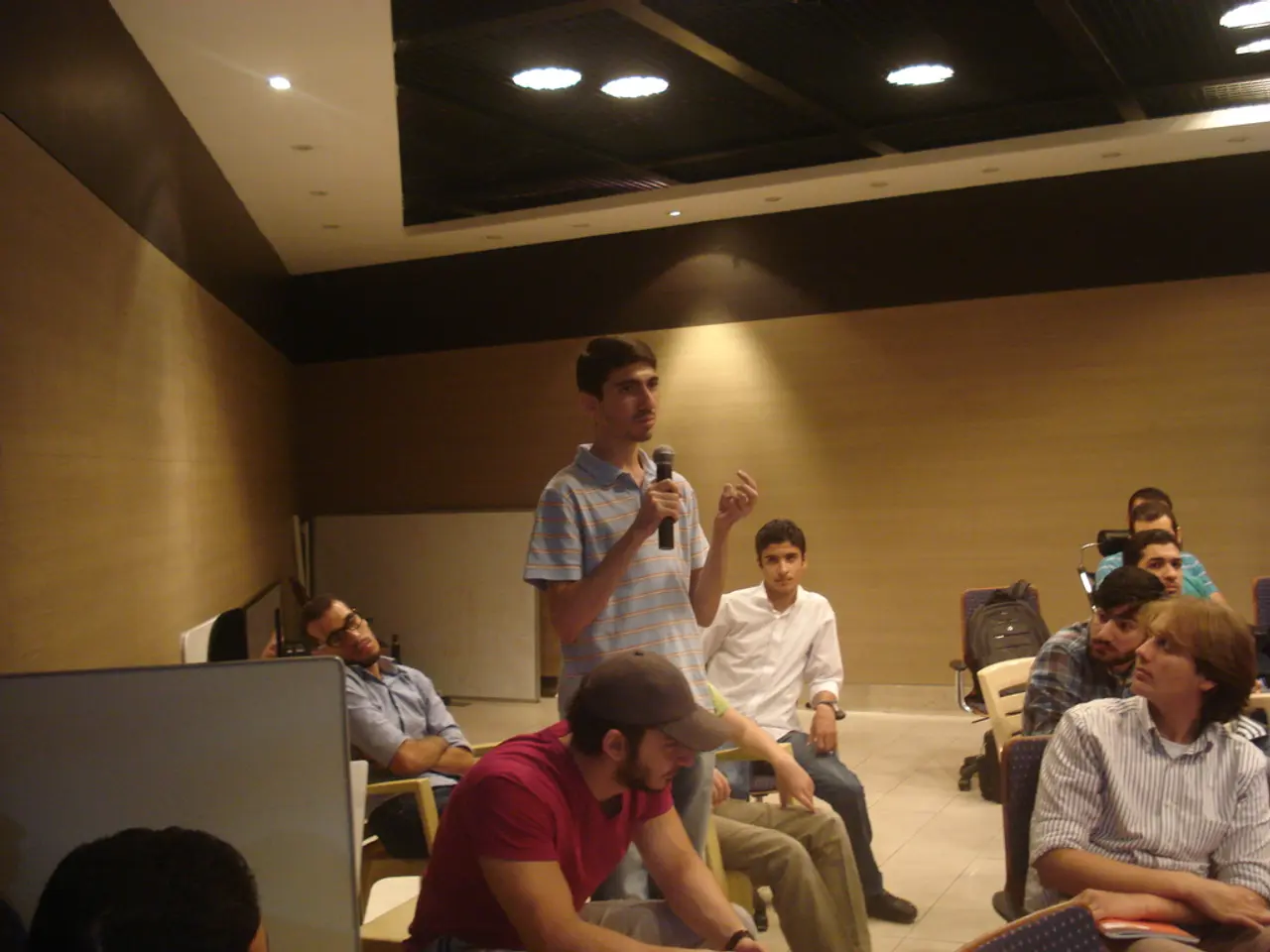Clear away the humorous images, let's focus on aspirations!
In the recent European election campaign, a notable shift has occurred among young voters, with the Alternative for Germany (AfD) making significant strides on TikTok. The AfD's success can be attributed to its early recognition of the platform's importance for the younger generation, contrasting the approach of democratic parties.
The key to successful political content lies in proactively communicating where the target audience resides, but without adopting a condescending tone. Unfortunately, political content in the last European election campaign failed to resonate with young people, often missing the mark when it came to reflecting their realities.
This disconnect is evident in the voting patterns, with the AfD achieving 16% among 16- to 24-year-olds in the last European election. However, it's important to note that the AfD's highest poll numbers are not among the youth, but in the age group between 35 and 44 years, where they reach a whole 20%.
On the other hand, post-election survey results show that young voters' votes are mainly split among small parties, with 28% going to these parties according to Infratest Dimap. Established democratic parties, however, have the potential to mobilize voters who voted for the AfD, if they feel seen in both political content and communication.
The AfD's success on TikTok did not happen overnight, but is the result of sustained efforts to present itself and its ideology to a young generation. Yet, it's crucial to remember that not all who voted for the AfD are right-wing extremists.
Meeting young people on their level means offering them political visions about climate protection, war in Europe, the role of the EU in global security context, and the future of European economic policy. Democratic parties, particularly the SPD (Social Democratic Party) and the Greens, have shown some success in this regard, with the SPD overtaking the Greens despite overall losses, and the CDU also gaining votes but being generally considered less progressive.
Anna Moors, co-founder of the network "Young Political Communicators Club (YPCC)", will shed light on current political developments from the perspective of a young professional in political communication. A political and communicative course correction is necessary, as political fatalism is not an option in the current situation. It's time for democratic parties to adapt and engage with young voters on their terms.
Read also:
- Lu Shiow-yen's Challenging Position as Chair of the Chinese Nationalist Party (KMT) Under Scrutiny in Donovan's Analysis
- Enemy Forces Have Taken Ukrainian Prisoner
- BJP Persuaded Delhi Voters That Supporting AAP Was Pointless, According to Pavan K. Varma
- Potential Democratic Contenders for Presidency in 2028 Yet to Exclude Themselves from Race








